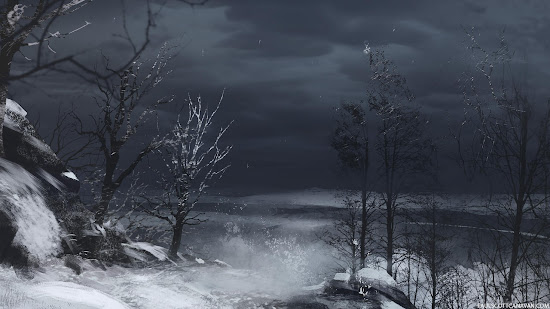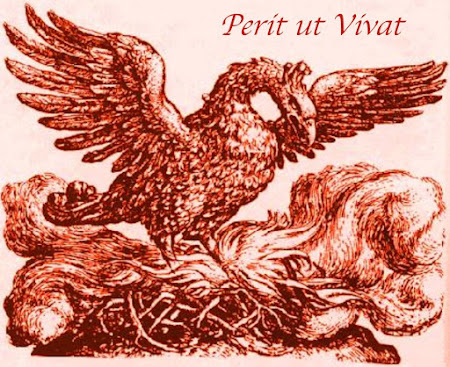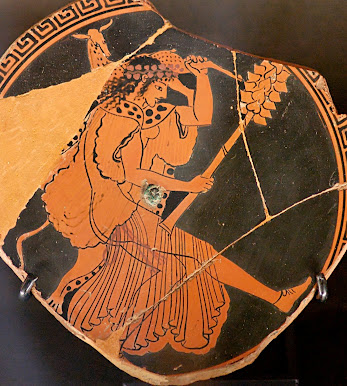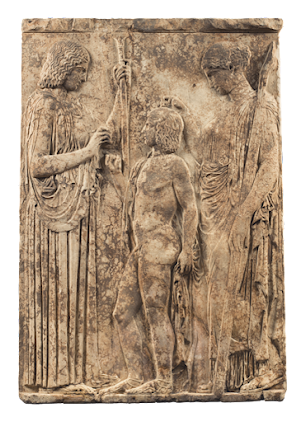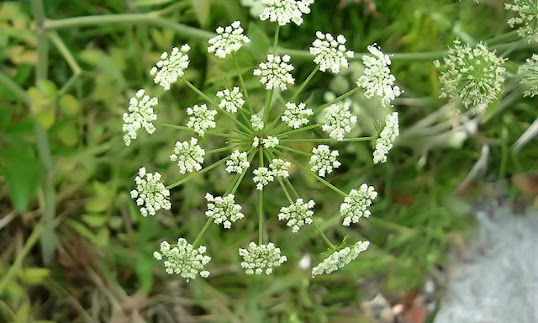Here is another poem from Clark Ashton Smith (CAS) that was unpublished in his lifetime, and is not available on The Eldritch Dark, so here's the complete text:
The world is a mirage
More wan and dim
(I had to look up the word "inenarrable" (fourth stanza), which The Shorter Oxford English Dictionary defines as "Unable to be narrated or told; indescribable, unspeakable.")
This poem survives in both English and French versions (the French title is "Rêve panthéistique"). Both of those surviving manuscripts were burned and are not fully legible in the second and third stanzas, so the omissions are noted above.
This is the first mention of pantheism in the works of CAS that I can recall from my reading. That's a bit surprising, since much of the author's personal philosophy would seem to be very sympathetic with the broad view offered by pantheistic beliefs and their rejection of a "personal god".
Despite surviving in an incomplete form, "Pantheistic Dream" has a subtle and expressive beauty, best captured in the wonderful penultimate stanza:
Sighs with my breath,
Nor if I sigh in the oak;
Sometimes I am the wild poppy
And sometimes the cat-tail
That scatters its seed on the clear ripple.
I'll be keeping my eyes open for further references to pantheism elsewhere across CAS' body of work, since this poem really does seem to capture something that was personally significant to the author.






